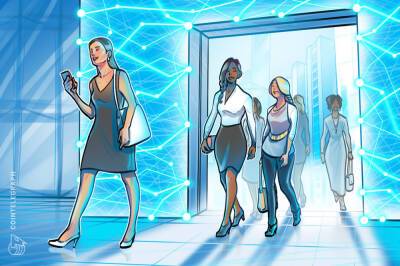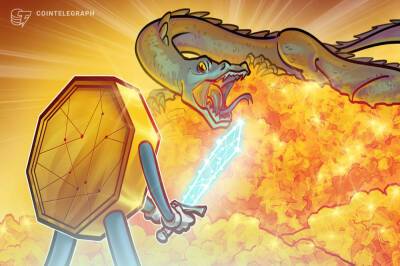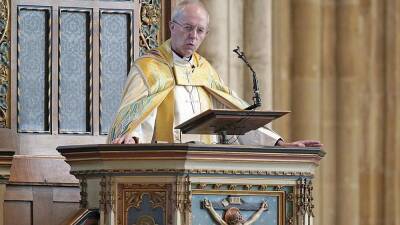EU vote on Bitcoin mining: What does it mean for the industry?
Proof-of-work (PoW) crypto mining won’t be banned in the European Union — not this year at least. That’s the conclusion from last week’s closely watched committee vote in the European Parliament (EP).
A last-minute amendment presented by an ad hoc coalition of social democrats and Greens would have established a de facto ban on proof-of-work mining — the type of consensus mechanisms used by native cryptocurrencies like Bitcoin (BTC) and Ether (ETH) — has been decisively rejected. The crypto community can breathe easily, but some still worry that the industry’s problem with its energy-intensive consensus protocols remains.
“My first reaction to the Economic and Monetary Affairs committee vote outcome was a sigh of relief,” Joshua Ellul, director at the Centre for Distributed Ledger Technologies and senior lecturer at the University of Malta, told Cointelegraph, adding:
But, Ellul also believes that the community should not rest easy with last week’s win. Miners who support PoW blockchain projects should be “investigating renewable energy sources,” not only in anticipation of other possible regulatory actions but also to minimize their carbon footprint.
The committee vote was part of the European Union’s ongoing Markets in Cryptocurrency Assets (MiCA) process designed to bring harmonization, clarity and regulation to Europe’s cryptocurrency markets.
“In all likelihood, the de-facto PoW-ban amendment would not have found its way into the final MiCA agreement,” Patrick Hansen, head of strategy at crypto firm Unstoppable Finance, told Cointelegraph. But, that doesn’t mean that energy profligacy and carbon footprint are dead issues. Hansen added:
“This is good news for the crypto sector,” Yu Xiong, professor of business
Read more on cointelegraph.com

 cointelegraph.com
cointelegraph.com
![Assessing if Chainlink’s [LINK] recent price action is too good to last - ambcrypto.com](https://finance-news.co/storage/thumbs_400/img/2022/4/17/22046_kwxl.jpg)

















